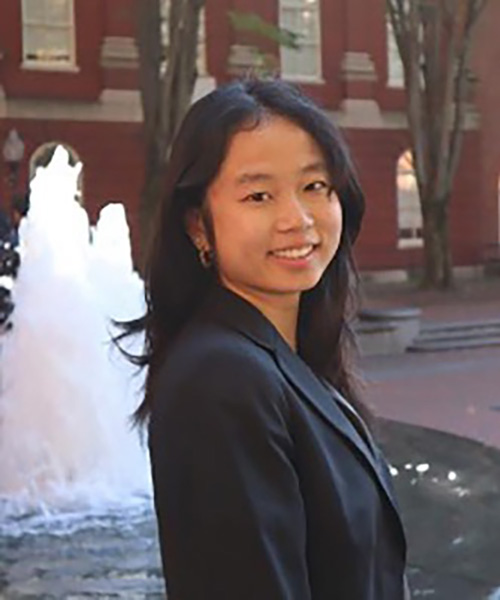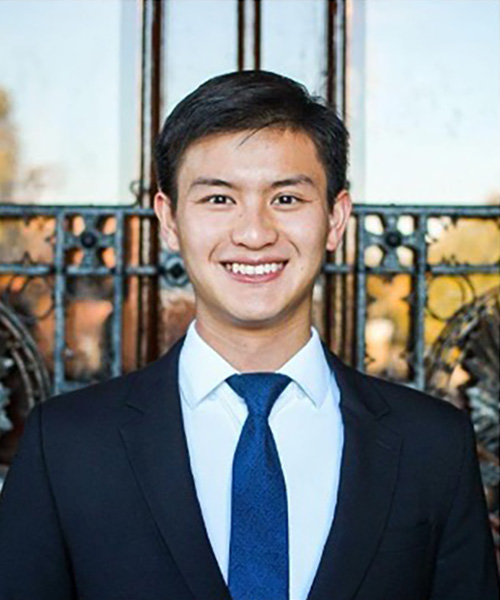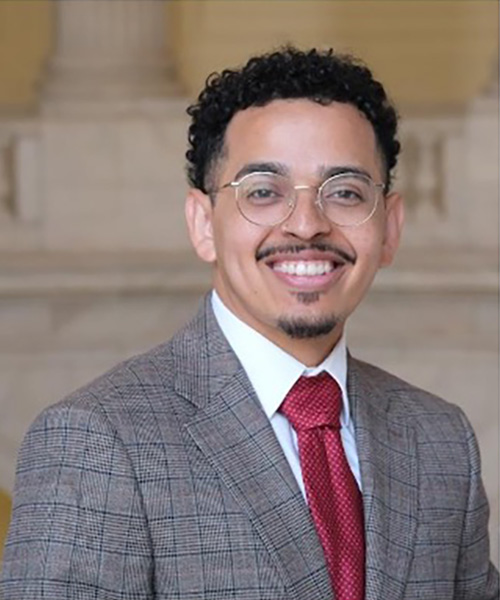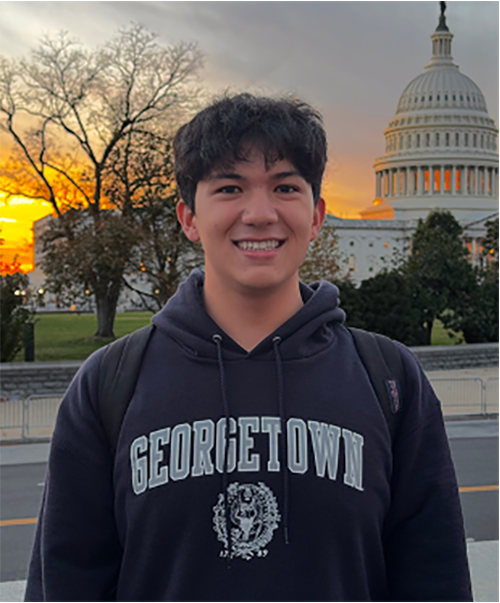
Beyond the Headlines: Bridging Divides through Dialogue
Zifei Zhao | May 15, 2025
Responding To: Georgetown Students Reflect on Virtual Exchanges with Tsinghua University
Maggie Yang
As a Chinese-American at Georgetown University studying regional and comparative studies (United States and Asia), my academic and professional endeavors, as well as my personal experiences with international students, have allowed me to gain a firsthand understanding of the primacy of the U.S.-China relationship in the modern geopolitical landscape. Despite my awareness of ongoing strategic tension between the two countries, the perspectives I interacted with — both in-person and online — typically neglected avenues of collaboration. When I joined the U.S.-China Student Dialogue, I was excited to hear about the perspectives of university students in China on cultivating a more positive U.S.-China relationship.
When our cohort of the Dialogue met with students from Tsinghua University over Zoom for the first of four virtual conversations, the tariffs under the new U.S. presidential administration overwhelmed the news. Despite the uncertainty I initially felt, Professor Da Wei and the Tsinghua students immediately welcomed our cohort. As the Tsinghua students introduced themselves, I discovered great similarity in our academic backgrounds, ambitions, and attitudes towards fostering unity through the dialogue, which gave me hope for productive discussion. Several discussion topics covered highly contentious issues such as trade priorities and military tension in the South China Sea, but many more touched upon underrepresented global governance issues such as the climate change crisis and regulation of artificial intelligence.
What stood out most to me throughout our cohort’s interactions was the increasing openness that students from both universities demonstrated as the weeks went on. The more conversations we had, the more familiar faces we recognized, and the greater trust we had in each other’s words and ideas. On one particular occasion, a Tsinghua student pointed out that the ongoing tension between the United States and China might not necessarily stem from diverging goals, but rather differing perspectives—with China focused on economic-related and the United States on security-based outcomes. Beyond conversations about political topics, we spent a significant amount of time getting to know the daily lives of students at Tsinghua. Despite differences in curriculum and living arrangements, we discovered similarities in our ambition to drive positive change through collaborative dialogue.
Each of our virtual dialogues ended with a summation of the day’s discussion and a reflection from each group on the topics discussed. While some of the Tsinghua students were shy to participate at first, given that English was not their first language, I noticed a growing eagerness to contribute as we neared the last couple weeks of discussion. A recurring theme in the reflections was that in times of strategic tension, it is of ultimate importance—even more important than during times of cooperation—to encourage interaction between students to prevent miscommunication. The virtual dialogues left me with a sense of hope for the upcoming in-person study tour and allowed me to see Tsinghua students not merely as students from another country, but also as peers in navigating the complexity of U.S.-China diplomacy.
Maggie Yang (SFS’27) is a student at Georgetown University studying regional and comparative studies.

Zifei Zhao | May 15, 2025

Bennie Chang | May 15, 2025

Aanika Veedon | May 15, 2025

Luke Hughes | May 15, 2025

Daniel Castro Bonilla | May 14, 2025

Emmy Ekstrand | May 14, 2025

Isabella Stratta | May 14, 2025

Lam Tran | May 14, 2025

Tiffany Cowan | May 14, 2025

Drew Zacharias | May 14, 2025

Patrick Coggin | May 14, 2025

Raghav Akula | May 14, 2025